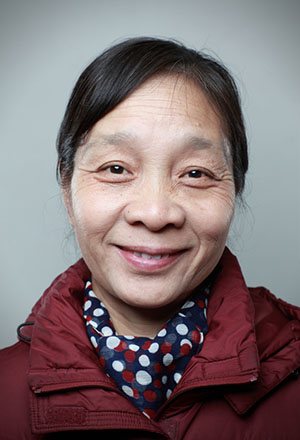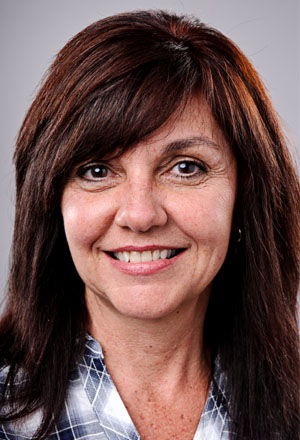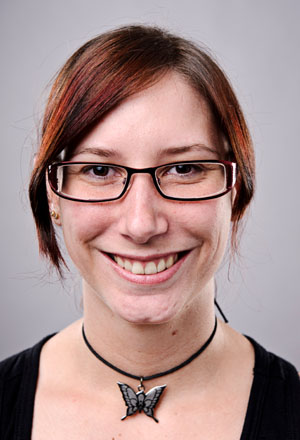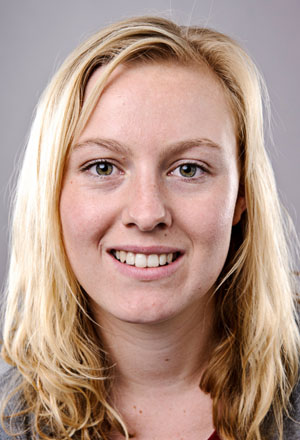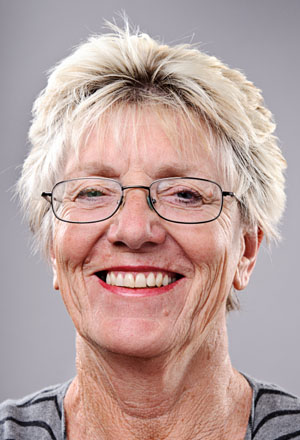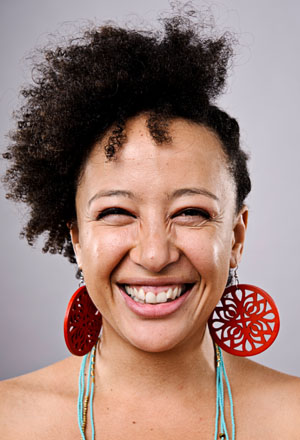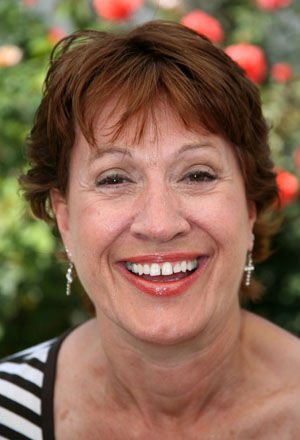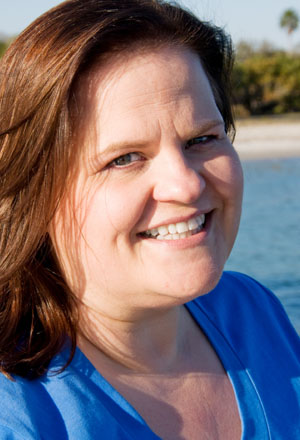|
Four years ago the Black Lives Matters Global Organisation began to organise itself into a chapter based movement fighting for the freedom, liberation and justice of Black people in America. The events of the past few weeks, with the senseless murder of George Floyd, and the ravaging impact of the COVID19 Coronavirus Pandemic where people from Black and Minority Ethnic (BAME) communities have been dying at four times the rate of their white counterparts within the UK, it is timely and sobering anchor point for Bristol Women’s Voice to fundamentally state that BLACK LIVES MATTER. As a Black woman of Jamaican heritage born in Britain and raised in Britain, and as the Director of this organisation I will use my platform to say that structural, systemic racial inequality is not new. It is now, with the power of video-smartphone technology, and the undeniable death rate of COVID19 that the decades of consistent, unrelenting compressions of racial inequality for BAME communities are coming to light in ways that we, all of us, can not turn away from. When you plant seeds, the harvest of that seed will grow. The seeds have been structural and systemic inequity, the harvest is disparity for people from BAME communities across every area of life: Research outcomes from the Runnymede Trust and University of Manchester Centre of Ethnicity (CoDE), the Race Equality Foundation and IMKAAN (organisation outline how structural racial inequality continues to exist in the UK
THIS IS A WHOLE SYSTEMS PROBLEM which will require all of us, public sector, private sector, charity, voluntary sector AND the community to work together towards change, holding each other accountable where necessary AND also being part of the solution. Join with me, there is so much work still to be done. Dr Barbara Brown, |



